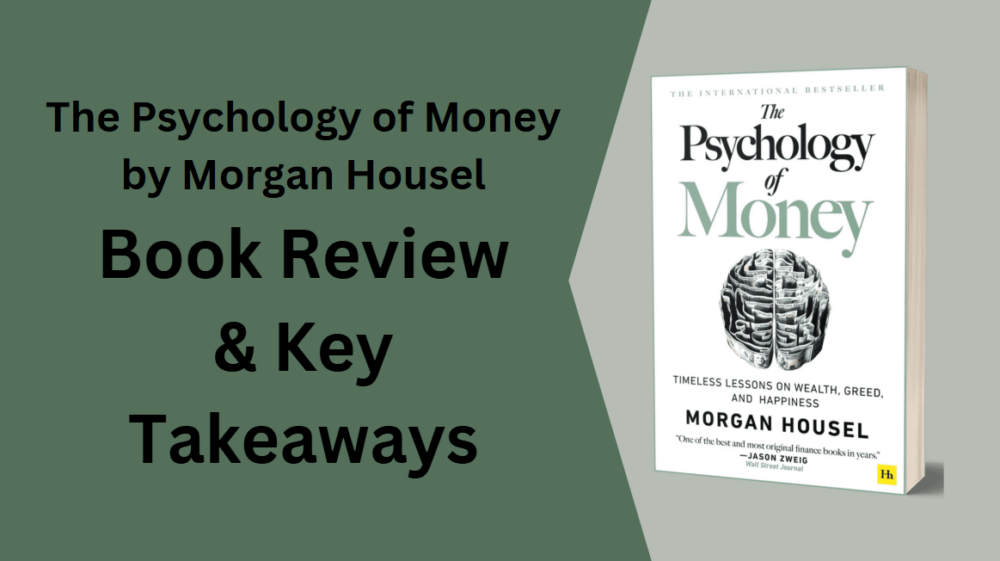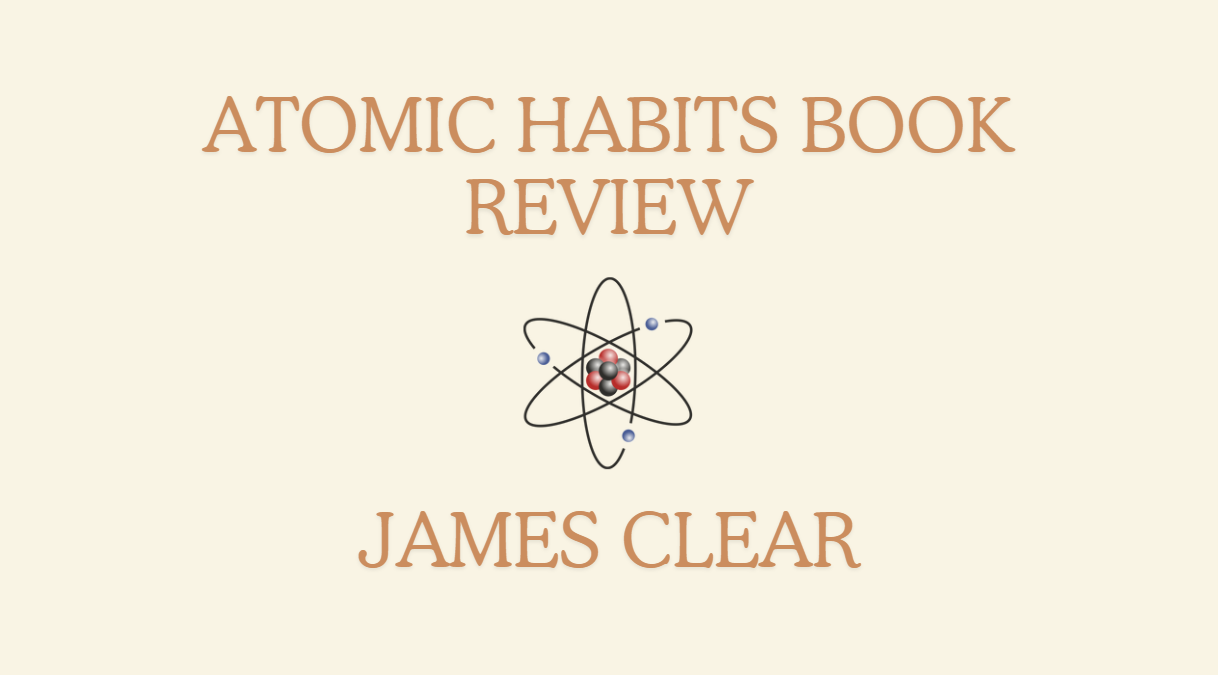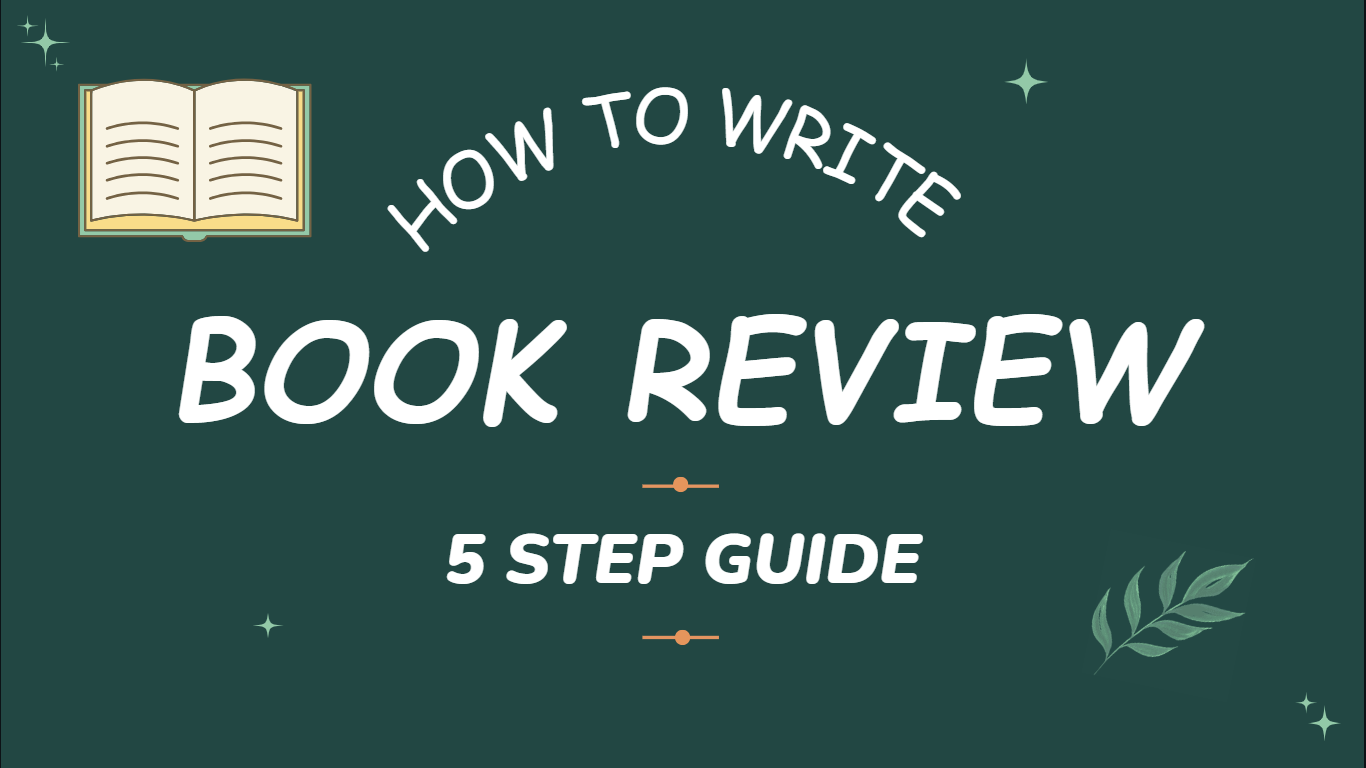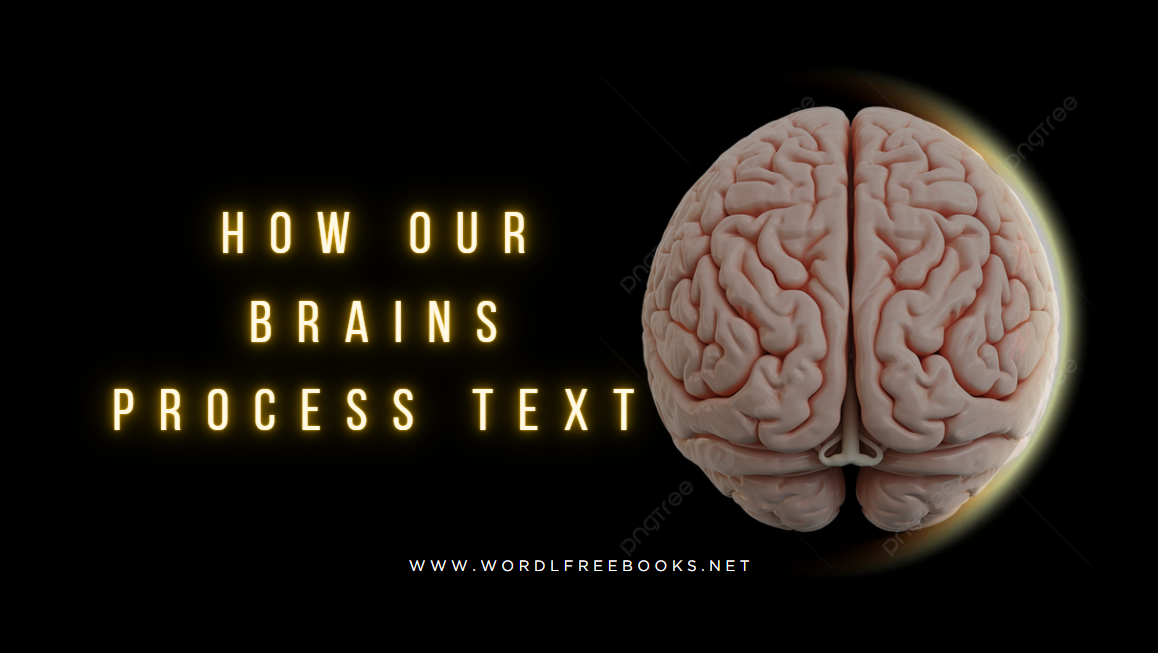Isn’t money weird? It’s something we all deal with daily, but most of us don’t think about how we approach it. That is exactly what The Psychology of Money by Morgan Housel is about. It is not an investment guide or a how-to guidebook for getting money. Instead, it is a book on how our emotions, experiences, and behaviors influence how we manage money. And honestly? It’s a game-changer. Let’s look at what makes this book so great, what it’s about, and what you can learn from it.
The Psychology of Money by Morgan Housel Book Review
In the first couple of paragraphs, Morgan Housel explains how personal experience shapes everyone’s relationship with money. What seems like a smart financial move to one person can seem downright insane to another. For example, growing up during a recession might make a person overly frugal, while someone born during an economic boom could become more risk-taking with their finances. This sets the stage for the book’s central premise: there’s no “right way” to deal with money; it is a question of what works for you.

Housel discusses many of the most basic questions in personal finance. Among the most memorable of these teachings was the concept of compounding. He cites Warren Buffett’s bubbles, accumulating small efforts that seem almost trivial over time can effectively yield great results. Buffett isn’t rich just because he’s a great investor but because he made investments early on and then let compounding do its magic for decades. What’s the takeaway? Start now, however small, and let time do the heavy lifting.
An additional concept is the importance of knowing when to quit. Housel writes about people who had everything, only to topple themselves for lack of restraint lusting for more money, more success. He stresses the importance of knowing what “enough” is for you. It’s not about being less ambitious, it’s about knowing when you’ve crossed the line and that more won’t make you happy.
Housel also dwells on luck and danger quite a bit. He suggests that hard work doesn’t always lead to success and mistakes don’t always lead to failure. Sometimes it’s simply luck. The trick is to be humble and not to be too judgmental toward others. Not every success is made from your genius. And, if you don’t succeed, cut yourself some slack. Life has a strange way of shocking you, we’re all just trying our best.
Key Takeaways from The Psychology of Money by Morgan Housel
The basic idea of The Psychology of Money by Morgan Housel is straightforward: financial success is more than just mastering the numbers. It’s about understanding yourself. To manage money well, you don’t have to be a genius; all you need is the appropriate mindset. Housel divides this into 20 small chapters, each filled with tales, lessons, and insights that will make you pause and say, “Wow, that’s so true.” Here’s a more concise look at what the book covers:
1. It’s Not About How Smart You Are
Let’s get one thing straight: being competent with money has little to do with your intelligence. You can have all the financial expertise in the world, but if you panic and sell your investments during a market crisis, it won’t help. Housel believes that your behavior, like patience, self-control, and the ability to remain calm under pressure, makes all the difference.
Think about it: How many people do you know who make a lot of money yet are always broke? It isn’t because they don’t know better; it’s because they don’t behave better.
2. Compounding Is the Real MVP
If there’s only one thing you remember from the book, it’s this: Compounding is magic. Housel uses Warren Buffett as an example here. That’s right, Buffett is a smart investor, but the real reason he’s so rich is that he started investing at age 10 and has never stopped. The vast majority of Buffett’s wealth was earned after he turned 50. What’s the lesson? Start early, be consistent, and let time do its work.
Even if you aren’t a math person, this idea is easy to grasp. Small actions done consistently over a long length of time can lead to massive consequences. It is not about hitting home runs, but simply about staying in the game.
3. Money Buys Freedom, Not Stuff
Here’s a question: what is the purpose of money? Many people spend their money on items like cars, houses, and trips. But Housel believes that the true worth of money is freedom. It is the ability to manage your time, to do what you want, when you want, and with whomever you choose. That is the ultimate luxury.
This concept truly hit home for me. It’s not about having millions in the bank; it’s about having the flexibility to live life your way. And that is something we can all work for, regardless of our income.
4. Know When to Say “Enough”
One of the most important lessons in the book is knowing when to stop. Housel tells the stories of people who lost everything because they couldn’t stop craving more & more money, success, and fame. He reminds us that there is a narrow line between ambition and greed and crossing it can cost us everything.
This isn’t just about money, by the way. It is about life. Knowing what “enough” means for you – whether it’s a specific income, lifestyle, or amount of happiness is one of the most crucial things you can do.
5. Luck and Risk Are Two Sides of the Same Coin
Housel addresses luck and risk frequently, and that is fascinating. He highlights that success does not always need hard work, and failure does not always involve mistakes. Sometimes it’s simply luck or lack of it. The secret is to remain humble. Don’t assume that your success is just due to your genius. And, if you fail, don’t be too hard on yourself. Life is unpredictable, and we are all simply doing our best.
Why does The Psychology of Money by Morgan Housel feel different?
The Psychology of Money is a book that I can relate to. My favorite part of The Psychology of Money is how familiar it feels. Housel doesn’t take pleasure in insulting your intelligence or annoyingly “instructing.” He gives real-life examples to help you see that his concepts are true statements. It’s more personal, but not in execution – when you read it you’ll recognize the stories and think This is me. It’s not about calculating things on paper or giving stock picks. It’s about knowing the real you, and how that person (potentially) relates money.
The best thing about The Psychology of Money by Morgan Housel? None of the teachings are limited to a certain span of years or by what’s happening politically or economically in our country. They are simply forever valid rules for living.
Who Should Read The Psychology of Money by Morgan Housel?
Honestly, everyone. The Psychology of Money by Morgan Housel has something for everyone, whether you’re just getting started in your profession, trying to save for a huge goal, or planning for retirement. It’s not about how much money you have, but how you think about it. If you’ve ever felt frustrated, confused, or overwhelmed by money, this book will help you see things from a new perspective.
Final Thoughts on The Psychology of Money by Morgan Housel
In the first place, The Psychology of Money by Morgan Housel, is a book about life, not just about finance. It is about knowing what matters, making better decisions, and being happy with whatever those decisions are. Morgan Housel Won’t Just Teach You About Money – He Teaches You About Yourself.
If you’re looking for something to read that is both quick and wise, and could change your life itself, this is your book. This is not about “get rich quick”. It is not all about the “Formula of Magic”. It is about finding a better relationship with money, which everyone needs to do.
Get a copy now, put your feet up, and prepare to reassess everything about money you ever thought was true. You won’t be disappointed.
You can check out Atomic Habits Book Review











Leave a Reply